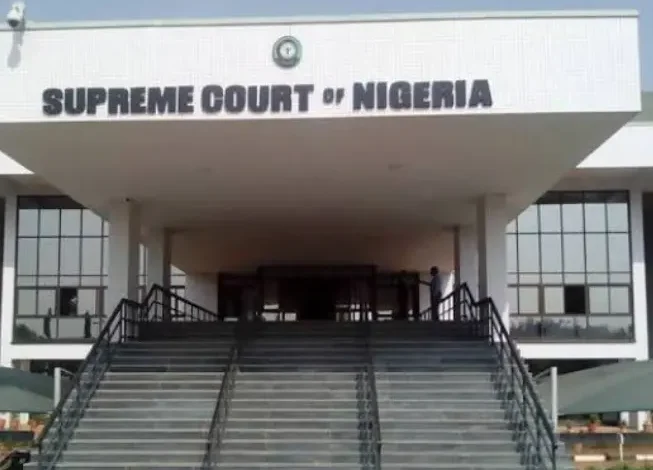Supreme Court makes big decision on EFCC, ICPC, and NFIU laws – 19 states lose case

On Friday, November 15, 2024, the Supreme Court made an important decision, dismissing a case brought by 19 states against the Nigerian government. The states were challenging the legality of the laws that set up the Economic and Financial Crimes Commission (EFCC), the Independent Corrupt Practices and Other Related Offenses Commission (ICPC), and the Nigerian Financial Intelligence Unit (NFIU).
The states argued that the law creating the EFCC, which was passed in 2004, was not made properly because it didn’t follow the rules in Nigeria’s Constitution. They said that for the EFCC law to be valid, it needed to be approved by the Houses of Assembly in most states, which they claimed was never done.
But when the case was heard in the Supreme Court, Justice Uwani Abba-Aji, leading a team of seven judges, disagreed with the states. “The EFCC Act, which is not a treaty but a Convention, does not need the ratification of the Houses of Assembly,” she explained.
The judge explained that treaties, which are agreements between countries, need approval from local lawmakers, but conventions—agreements between a large group of countries—do not. The EFCC law is based on a United Nations Convention, and once that Convention was agreed upon by many countries, the National Assembly in Nigeria had the right to make laws based on it.
Justice Abba-Aji also pointed out that the federal government, through laws like the NFIU guidelines, has the authority to set rules that apply to all states. States cannot pass their own laws to compete with the federal government’s laws, especially when it comes to fighting corruption and money laundering.
She added that the investigative powers of the EFCC don’t interfere with the powers of state governments, meaning the EFCC is fully allowed to investigate and fight financial crimes in the country. The Court also ruled that the NFIU guidelines didn’t break any laws regarding how states should manage their funds.
All the justices agreed that the case brought by the 19 states had no merit, and they dismissed it completely.
Earlier in the case, the Supreme Court had already rejected the federal government’s objections to the lawsuit brought by the states. Justice Abba-Aji explained that the Attorney-General of the Federation (AGF) was the right person to be sued, since the case involved national laws.
After the ruling, Abdulwahab Mohammed, a lawyer for Kogi State, said, “We thank the court for hearing us out. This will help improve our laws.” Rotimi Oyedepo, a lawyer for the government, expressed his thanks as well, saying the decision was an important step in confirming the legality of Nigeria’s anti-corruption agencies.
The Supreme Court’s decision means the EFCC, ICPC, and NFIU laws are fully supported by the Constitution, and the states’ challenge has been rejected.





